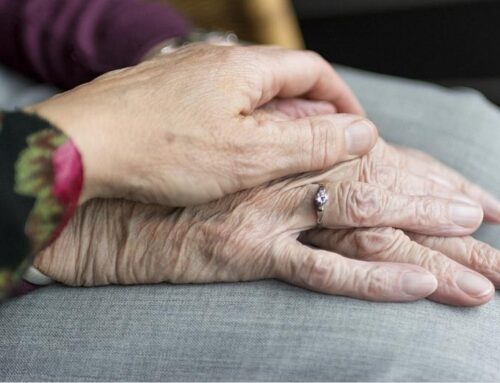If your family had to make the difficult decision to move an elderly loved one into a nursing home, you naturally did your research and chose a healthcare facility that you determined would meet your relative’s health, safety, and social needs. When, instead, your loved suffers from bedsores while in the nursing home, you have every right to feel troubled. Bedsores are a sign of nursing home neglect.
Bedsores
Bedsores are also known as pressure ulcers. They’re injuries to the skin and underlying tissue caused by prolonged pressure on the skin. Bedsores are most likely to develop on skin that covers bony areas, including the hips, tailbone, ankles, and heels. Those most susceptible to developing bedsores are people with limited mobility and a diminished capacity to change positions over extended periods of time, such as many nursing home residents.
Warning Signs
Bedsores can quickly develop and become serious, so if you entrusted your loved one to a nursing home’s care, know the warning signs:
- Unusual changes in the color or texture of skin
- Areas of skin that are cooler or warmer to the touch than others
- Swollen or tender areas of skin
- Pus-like drainage
Nursing homes are charged with protecting their residents’ health, and this includes protecting them from bedsores—which are preventable.
Severity
Bedsores can range in severity from reddened and painful skin to a deep, open wound that permeates through to the muscle and bone. If your loved one’s bedsores reach an advanced stage, serious complications can ensue—including infections of the skin and connected soft tissues (cellulitis), joints (septic arthritis), and bone (osteomyelitis). As damage to the skin progresses, a victim becomes less likely to experience the pain associated with the injury, which can exacerbate the damaging effects.
Care
Bedsores can develop quickly, and while most will heal with proper treatment, those that enter the more advanced stages may never heal. It’s imperative to avoid bedsores in the first place by frequently repositioning immobile nursing home residents and by keeping their skin clean, dry, and protected from points of friction. The nursing home to which you’ve entrusted your loved one’s care should carefully follow a protocol that protects your elderly relative from developing bedsores in the first place and that immediately implements treatment if a bedsore does develop. Bedsores that aren’t swiftly and carefully treated constitute nursing home neglect.
Contact William Hurst to Consult with an Indianapolis Nursing Home Neglect Lawyer Today
You trust the nursing home that you’ve carefully chosen to take excellent care of your elderly loved one. If, instead, your relative suffers from bedsores that go untreated, you need experienced legal counsel. The dedicated legal team at The Law Office of Hurst Limontes LLC has the experience, skill, and compassion to help you with even the most harrowing nursing home neglect cases. Please contact or call us at (317) 636-0808 to schedule a free consultation today.




